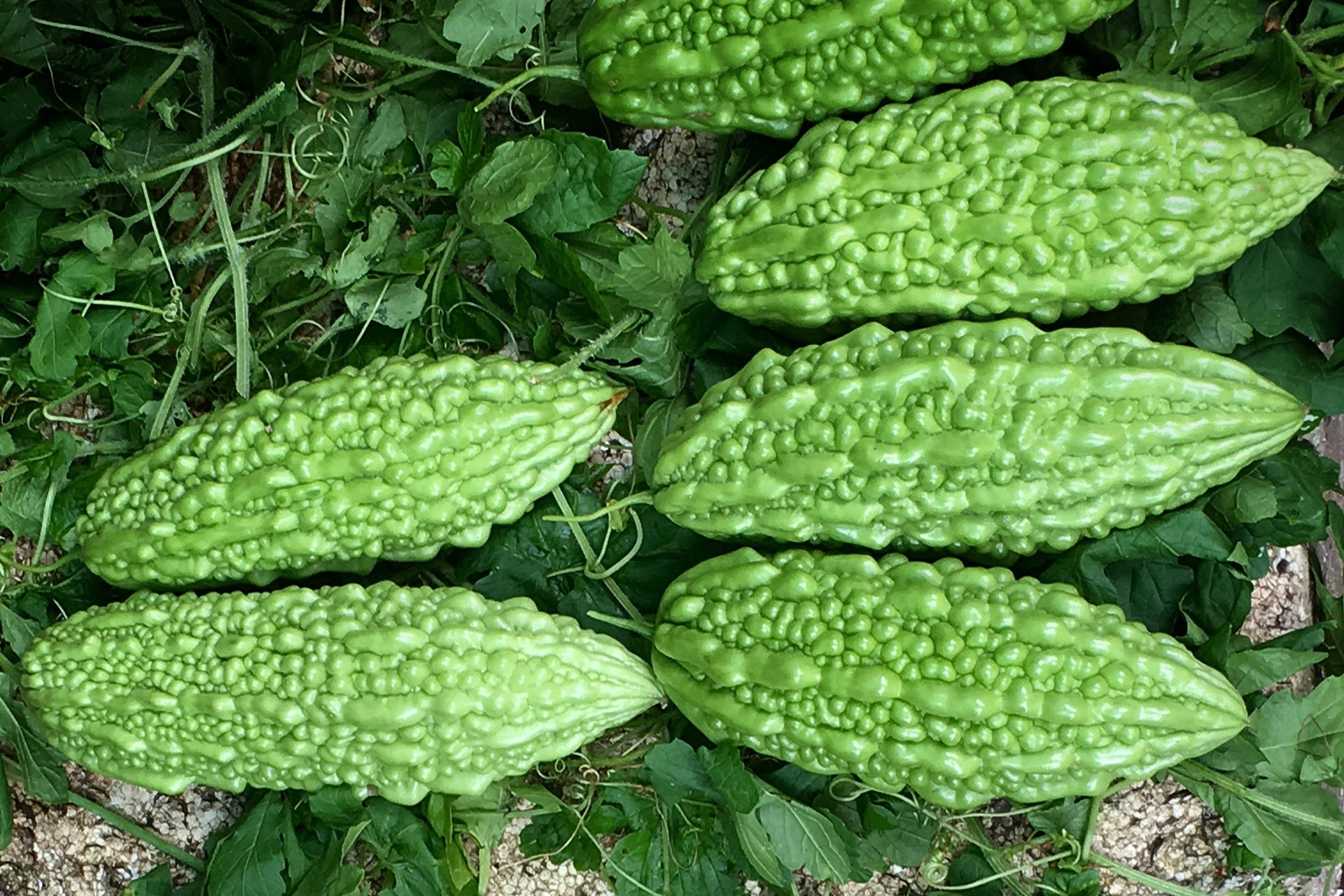Lesser-known tips for diabetes prevention and management

Cold Exposure: Studies suggest that exposure to cold temperatures can activate brown fat, which burns calories to generate heat. Cold exposure through activities like cold showers or spending time in a cold room might help in improving insulin sensitivity and aiding weight loss.
Intermittent Fasting: Intermittent fasting, which involves cycling between periods of eating and fasting, has shown promising results in improving insulin sensitivity and supporting weight loss. Consult a healthcare professional before attempting any fasting regimen.
Berberine Supplementation: Berberine, a compound found in several plants, has been studied for its potential in managing blood sugar levels. Some research suggests that berberine supplements may have a similar effect to prescription medications in regulating glucose metabolism.
Bitter Melon: Bitter melon, a vegetable commonly used in traditional medicine, has compounds that mimic the action of insulin. Including bitter melon in your diet, either in food or supplement form, might help in managing blood sugar levels. However, consult your healthcare provider before starting any new supplement.
Chia Seeds: Chia seeds are rich in fiber, which slows down the absorption of sugar and supports stable blood sugar levels. They also provide essential omega-3 fatty acids and are a great addition to a diabetes-friendly diet.
Resistant Starches: Resistant starches, found in foods like green bananas, cooked and cooled rice/potatoes, and legumes, resist digestion and behave like fiber in the body. They can improve insulin sensitivity and help in maintaining stable blood sugar levels.
Gut Health: A healthy gut microbiome is linked to better blood sugar control. Consuming probiotic-rich foods like yogurt, kefir, and fermented vegetables, as well as prebiotic foods like garlic, onions, and leeks, can support gut health and potentially aid in diabetes management.
Vitamin D: Adequate vitamin D levels are associated with improved insulin sensitivity. Spend time outdoors for natural sunlight exposure and consider vitamin D supplements if you have a deficiency, under the guidance of a healthcare provider.
Acupuncture: Some studies suggest that acupuncture might help improve insulin sensitivity and regulate blood sugar levels. While more research is needed, acupuncture could be considered as a complementary therapy for diabetes management.
Mind-Body Practices: Techniques such as yoga, tai chi, and mindfulness meditation can reduce stress, improve overall well-being, and potentially help in managing blood sugar levels. These practices focus on the mind-body connection, which plays a significant role in diabetes management.
Always consult with your healthcare provider or a qualified healthcare professional before making significant changes to your diet, lifestyle, or supplementation, especially if you have diabetes or any other existing health condition. They can provide personalized guidance tailored to your specific needs and circumstances.


Responses